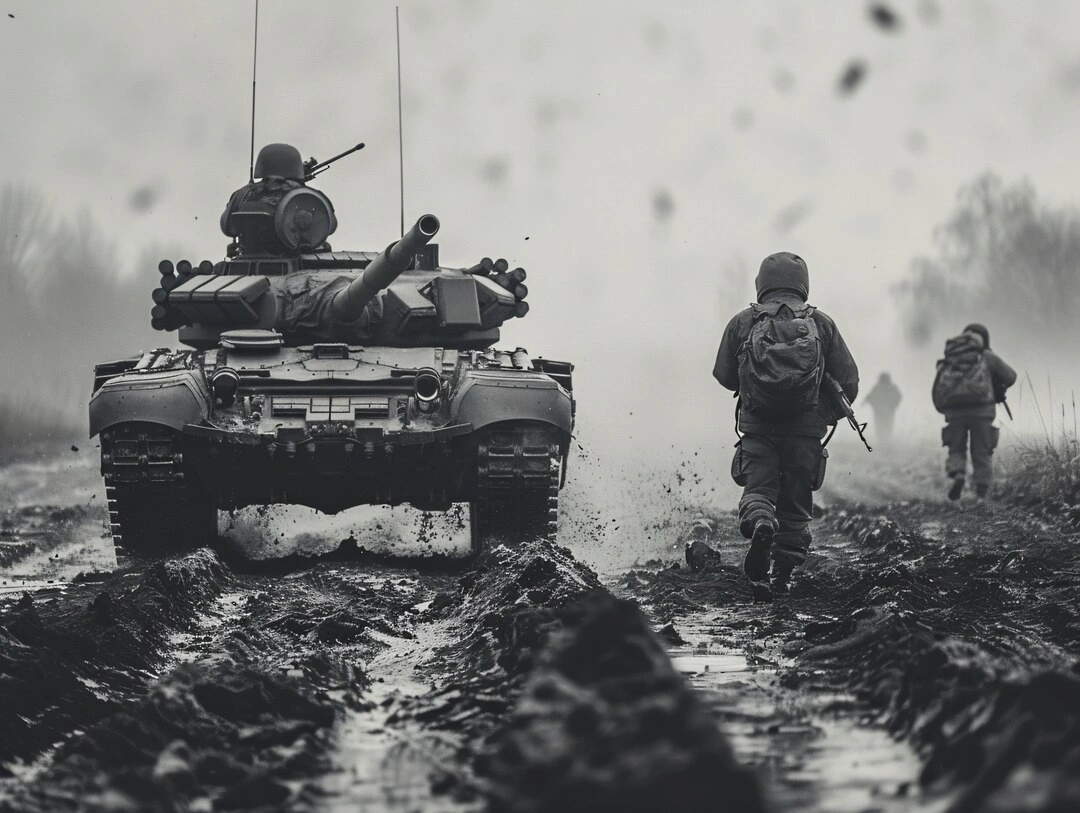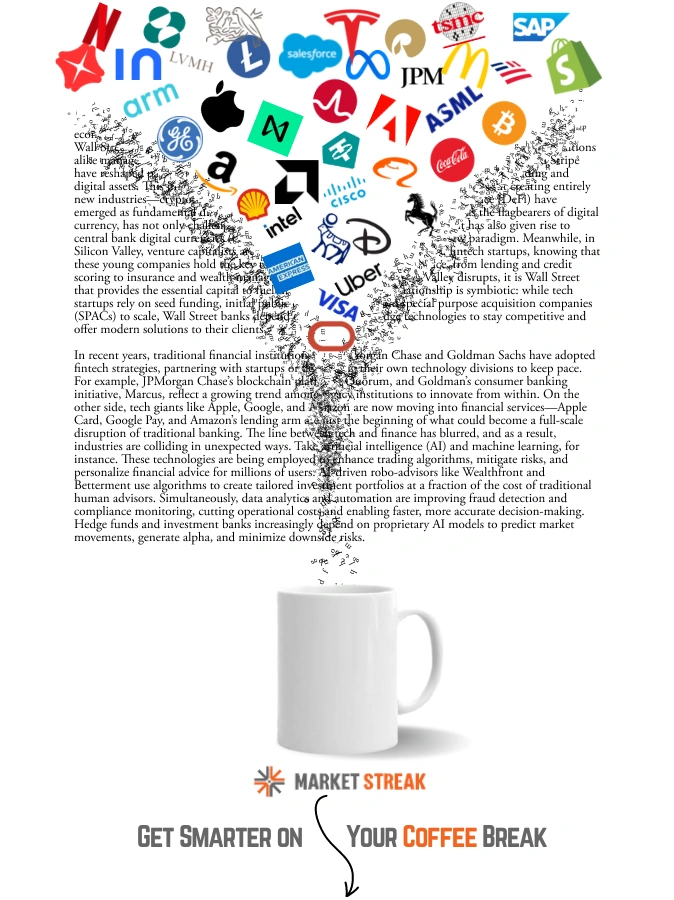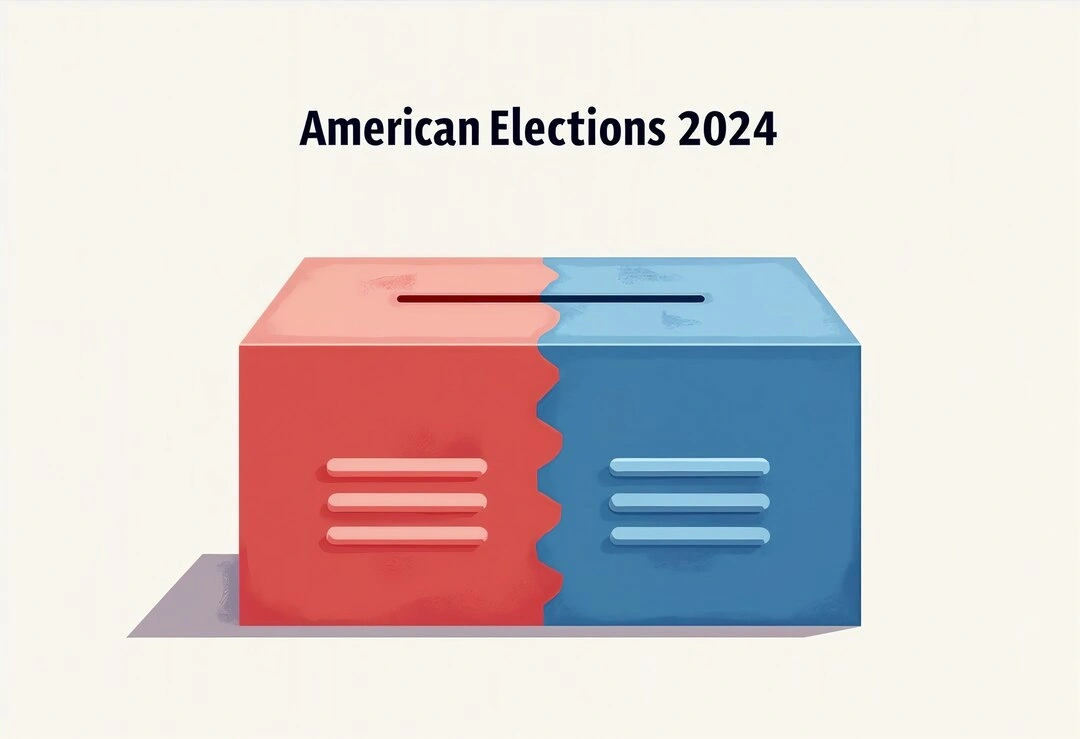JPMorgan Chase
Jamie Dimon
World War III
Global Politics

JPMorgan Chase
Jamie Dimon
World War III
Global Politics
A chilling warning has emerged from a prominent figure in the world of finance. Jamie Dimon, CEO of JPMorgan Chase, the largest bank in the United States, expressed grave concerns about the escalating global political climate, deeming it the most significant threat to the global economy. His stark assessment goes beyond typical economic forecasts, suggesting that the ongoing conflicts in Ukraine and the Middle East could be the prelude to a third world war.
Dimon delivered this sobering message at a recent Institute of International Finance meeting. He downplayed the immediate concerns about the upcoming economic quarter and the possibility of a "hard" or "soft" economic landing in the U.S., characterizing these issues as comparatively minor compared to the looming geopolitical storm. He highlighted the actions of a coalition of nations—Russia, North Korea, and Iran, a group he previously referred to as an "evil axis"—along with China, who are actively collaborating to undermine the post-World War II global order established by Allied nations and organizations like NATO.
“They’re talking about doing it now,” Dimon reportedly stated. “They’re not talking about waiting 20 years. And so the risk of this is extraordinary if you read history.” He drew a parallel between the current situation and the events leading up to World War II, citing a Washington Post article that asserted World War III has already begun, with coordinated battles unfolding across multiple countries.
Dimon referenced the dismemberment of Czechoslovakia as a pivotal moment preceding World War II, comparing it to the ongoing conflict in Ukraine. He emphasized the precariousness of the situation, arguing that inaction is not an option. “Mistakes happen,” he cautioned. "Look at how we tripped into World War II. When Czechoslovakia was split up—sounds a little like Ukraine—that was the end of it. Until they invaded Poland. We shan’t be naive. What we should be thinking about is we can’t take the chance this will resolve itself. We have to make sure that we are involved in doing the right things to get it resolved properly.”
While Dimon's assessment is alarming, he did express a glimmer of hope, suggesting that the intensity of the conflict could potentially lessen over time, with the possibility of armistices being reached in regions like Ukraine and the Middle East. However, this cautious optimism doesn't negate his underlying apprehension. Dimon, known for his strategic approach to risk assessment, which he refers to as the "OODA loop" (Observe, Orient, Decide, Act), is not betting on a peaceful resolution. His concerns are so significant that he actively shares them with the board of JPMorgan Chase.
"I talk about the risk to us if those things go south," Dimon explained. "We run scenarios that would shock you. I don’t even want to mention them." This statement underscores the potential for catastrophic consequences that his team has modeled, indicating the gravity of the situation and the far-reaching impacts on global finance. In 2023, Dimon received a compensation package of $36 million for his leadership at the financial giant.
Nuclear Proliferation: A More Pressing Threat Than Climate Change
Dimon further escalated the urgency of his warning by highlighting the unprecedented nuclear threat posed by Russia, and indeed any potential nuclear adversary. He specifically addressed Russian President Vladimir Putin's nuclear threats, stating, “We’ve never had a situation where a man [Putin] is threatening nuclear blackmail. That: ‘If your military starts to win, we’re rolling out the nuclear weapons’ type of thing,” said Dimon. “If that doesn’t scare you, it should.”
Dimon went on to declare nuclear proliferation—the increasing number of countries acquiring nuclear weapons—as humanity's most significant risk, surpassing even the threat of climate change. "It’s not climate change, it’s nuclear proliferation," he emphasized. "We’ve got to be very careful about what we’re trying to accomplish in the next couple of years.” He painted a stark picture of the potential consequences: continued proliferation would inevitably lead to nuclear detonations in major cities worldwide. He called for clear-headed decision-making and prioritization of this issue to prevent a catastrophic outcome.
The Broader Context: A Multifaceted Crisis
Dimon's remarks highlight a complex interplay of geopolitical factors driving the current international instability. The actions of Russia, North Korea, Iran, and China, working in concert to challenge the established global order, pose a significant threat to international peace and security. The ongoing war in Ukraine, fueled by geopolitical tensions and exacerbated by a complex web of international relations, serves as a critical flashpoint. The potential for escalation in the Middle East further complicates the situation, adding another layer of instability to an already fragile global landscape.
The consequences of a full-blown global conflict are almost too catastrophic to imagine. Beyond the immediate human cost, the potential economic disruption would be unprecedented. Global trade would grind to a halt, supply chains would collapse, and financial markets would likely experience a complete meltdown. The humanitarian crisis would be massive, potentially leading to widespread famine, disease, and mass migration. The potential for widespread societal breakdown would be catastrophic, with long-lasting consequences on human civilization.
Dimon's call for a concerted effort to address these threats underscores the need for international cooperation and decisive action. Ignoring these warnings carries immense risk. His perspective, coming from a leader in the global financial system, carries significant weight and demands serious consideration. The situation requires more than just monitoring; it demands proactive measures to de-escalate tensions, prevent further proliferation of weapons of mass destruction, and build stronger international alliances to address the multifaceted challenges facing the world today. The stakes are simply too high to afford complacency. The very future of global peace and stability hangs in the balance.
Further Considerations:
While Dimon's assessment is alarming, it's important to note that his pronouncements are not necessarily universally accepted. Experts in international relations and military strategy hold diverse viewpoints on the likelihood and nature of a potential global conflict. It's crucial to critically examine and analyze available information from multiple sources and perspectives to form a well-informed understanding of the global geopolitical landscape.
The global economic situation, although seemingly less pressing according to Dimon, plays a significant supporting role in the overall geopolitical climate. Economic hardship and instability often exacerbate political tensions, creating fertile ground for conflict. Therefore, it is crucial to analyze not only the immediate geopolitical threats but also the underlying economic factors that contribute to the overall level of instability. Addressing the underlying economic factors that fuel discontent and conflict, alongside direct actions towards de-escalation of geopolitical tensions, may help prevent the escalating conflict from reaching a catastrophic tipping point.
The current situation underscores the interconnectedness of global politics, economics, and security. A multi-pronged approach is needed to address the complex challenges and reduce the risks of global conflict. This approach must encompass diplomatic initiatives to resolve international disputes, efforts to control the proliferation of weapons of mass destruction, and strategies to build more robust and resilient global institutions.
In conclusion, Jamie Dimon's warning, while stark, highlights the urgent need for a comprehensive and coordinated international response to the complex web of geopolitical challenges facing the world. The potential consequences of inaction are too severe to ignore. The coming years will be critical in determining whether the world can navigate this dangerous path towards peace or succumb to the immense dangers of a full-scale global conflict.
SHARE


news
30th October 2024

news
30th October 2024


news
30th October 2024

news
30th October 2024


news
30th October 2024


news
30th October 2024


news
30th October 2024